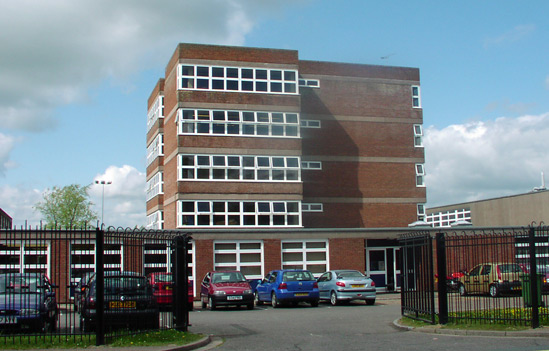Education projects can bring more than their fair share of issues, challenges and potential headaches – but none more major and more daunting than ensuring everyone’s safety on site. Sadly, despite vast improvements in health and safety standards, people can still suffer injuries on construction sites – and the risk of them coming to harm is inevitably heightened on jobs that require heavy-duty machinery, scaffolding, huge glass panels and other potentially dangerous building materials, when in close proximity to hundreds of people.
Health and safety is therefore something that should rank highly on every education project manager’s list of priorities – so how can one make sure they are doing their utmost to protect everyone one site, including students, staff, workers and visitors?
Find leading UK companies to work with
First and foremost, it’s vital to ensure that the main contractors, subcontractors and other organisations one is working with take health and safety as seriously as they should do. The best firms will be fully compliant with CDM 2015 – the latest Construction, Design and Management regulations governing health and safety on commercial construction projects.
They’ll have a highly accredited workforce – including CSCS (Construction Skills Certification Skills) certificates for every surveyor, installer, foreman and manager on site. They’ll be members of initiatives like the Contractors Health and Safety Assessment Scheme, established to improve standards across the industry, and have been verified and accepted by bodies like Exor, who evaluate companies based on their financial and environmental performance, social values and commitment to health and safety.
And all their staff, and all the employees of any subcontractors they bring on board, will have been cleared by a Disclosure and Barring Service (DBS) check, the successor to the Criminal Records Bureau (CRB), to ensure they’re safe to come into contact with young people.
Be clever with scheduling
Beyond being selective with who one works with, what else can one do to minimize risk?
One simple, incredibly effective solution is scheduling as much as the work as possible out of term time. The six-week school summer break each year offers a perfect opportunity to complete noisy and, in theory, potentially dangerous work on schools. It’s England, so one can never be sure about the climate – but July and August are about the best choices if one is hoping for fine weather.
Colleges and universities have even longer breaks – although they tend to remain busier than schools in these periods, with some students staying behind to complete work, the institutions themselves making their facilities available to conferences and other events, and so on. Bear in mind that these sorts of buildings are very rarely completely empty.
If that’s not possible, plan work so that at least some of it can take place in the holidays – with the noisiest, potentially riskiest jobs taking place when the site is closed to the public. Moving lessons to classrooms that are away from any potential noise disruption is another sensible precaution where work is necessary during term time.
Make sure the client knows their own obligations
Regardless of when the project is set to be implemented, it’s crucial one makes sure the school, college or university itself is aware of its own health and safety obligations. Under Section 3 of the Health and Safety at Work Act 1974, the commissioning institution has a responsibility for ensuring the safety of everyone affected by the works – and there are big penalties if the Health and Safety Executive judges them to have fallen short. Fees in the thousands of pounds aren’t unusual, and if the HES visit, they’re liable to charge for their time at a rate of £124 an hour, plus VAT.
For more advice, call Hazlemere Commercial
With a prestigious client list that includes some of the UK’s most respected schools, colleges and universities, Hazlemere Commercial has over 25 years’ experience manufacturing and installing for educational premises, and working with clients, teachers, staff and other stakeholders to deliver projects on time and on budget. So why not call them today on 01494 897600 to learn how they can help with your next education development.

